The ordinary feminist: Being a good feminist
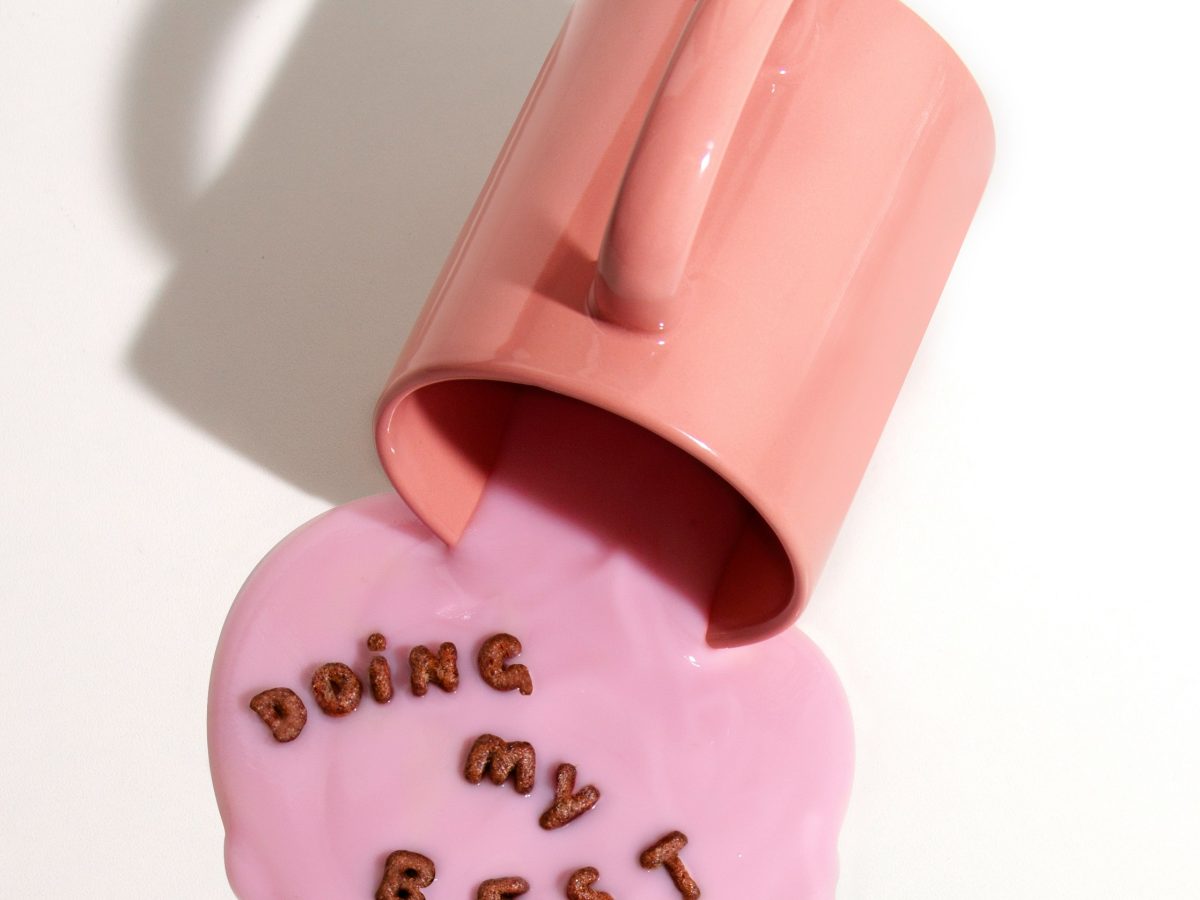
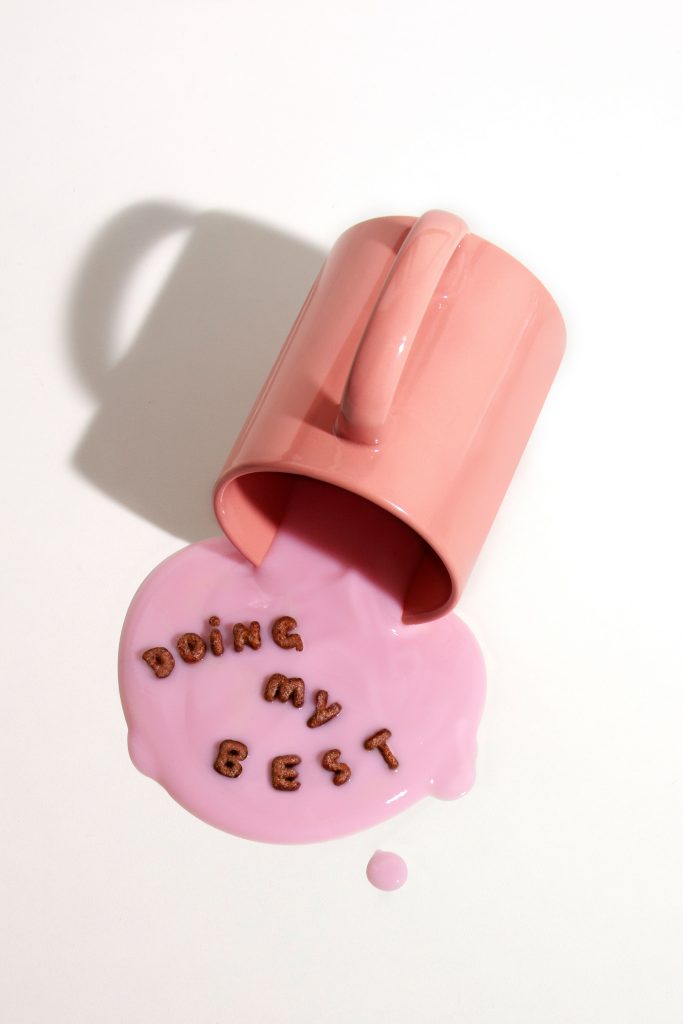
The common root of the dilemmas I’ve described in this series is my desire to be a good feminist, in all areas of my life – work, relationship, motherhood.
Which begs the question – what is a good feminist?
As good as a man?

The ‘as good as a man’ model of feminism was the one that I grew up with. In my youngest years I was a huge fan of the Famous Five, and of all of those five children I of course wanted to be George – who was a girl like me but who was as good as a boy. Growing older, the role models were women like Ripley in Alien and Sarah Connor in Terminator – practical, strong-willed, gun-toting survivors. At school, I took great pleasure in beating the boys in their traditional stronghold of maths and science, and ground my teeth in shame at my ineptitude with woodwork and soldering. During my study I was inordinately proud of being one of three girls in over a hundred first-year electronics engineering students. I learned to suppress my emotions – absolutely never cry in public – and to value being rational and calm. Once at work, my ambition was to become first project leader, then scientific lead of the department. I was very smug about myself as compared to emotional women who did their make-up, spent their time gossiping and weren’t capable of rebooting a computer.
And all for what? I was pitting myself – one person – against approximately half of the world’s population. The only outcome possible was that I would lose. In that huge mass of males there was always going to be someone better at programming than me, someone more rational and decisive, someone more of a natural leader.
At the same time, there were many men who were more emotional than me, less logical, meeker. When you think about it, ‘as good as a man’ is meaningless. Which man? When we say ‘as good as a man’, what we mean is, ‘as good as an ideal man is supposed to be’. This ideal man is a mythical figure. You might as well decide to be as good as Superman.
Not only was my quest hopeless and pointless, but while I was pushing myself to achieve all these ‘male’ attributes, I was failing to recognize the value of traditional ‘female’ attributes, whether present in women or in men. The emotional person who, by their example, allows others to open up, to dare to confess their lowest moments, and to exuberantly celebrate when things have gone well. The ‘gossip’ who really gets to know their colleagues and looks after the wellbeing of the team. The follower who is the bedrock of a good team. ‘As good as a woman’ is equally worth striving for as ‘as good as a man’.
But ultimately, ‘as good as you can be’ is a much more achievable and valuable target, and that is my aim these days.
Man-hater?

Are you having lunch with that frumpy old manhater?
Mitch, in “The Robber Bride”, Margaret Atwood
It’s a familiar accusation to anyone who dares identify themselves as a feminist. Some feminists do see feminism as a war against men. To me, however, ‘man-hater’ runs into the same problems as ‘as good as a man’. I can vividly imagine hating individual men, if they do terrible things. But all men? Possession of a Y chromosome seems an absurd basis for hatred. If I want others to judge me by my own qualities rather than by my gender – and I do – then how can I hate a man on the basis of his gender?
I can’t even always hate sexist men. There are those men who delight in dominance, exploitation and manipulation, and they are pretty loathsome. But others are just doing their best. What about the father from a conservative background who fears for his daughters’ safety and wellbeing if they depart from his conservative values? Although I disagree with his perspective, he is acting out of the same love and care I feel towards my own daughters, so how could I hate him?
What I do hate is being paid less for the same work, being expected to do more childcare and household work, being saddled with the responsibility for keeping myself safe from sexual predators, being regarded as innately less able. Hating these things is, however, a different thing to hating men. There are plenty of men out there who hate these things too – and there are, unfortunately, some women out there who don’t.
Men also face problems. Boys are doing less well at school; men have frustrations trying to find a job or afford a home. The idea drummed into some men is that this is all the fault of feminism, that what women have gained was taken away from them. This is an explanation that conveniently ignores the power and wealth in the hands of a male minority. I can’t escape the notion that the privileged few are laughing themselves sick at how men are set against women, and local workers against immigrants, to bicker over who gets more of the scraps rather than demanding that the bulk of the wealth be shared more equitably.
To my mind, feminism is about equality. The ability to choose your path in life, to be who you are, and to be valued for that, rather than measured against some discriminatory ideal based on your gender. This applies just as well to women as to men. I see no gain at all in flipping the patriarchy to a matriarchy and keeping all the same power imbalances and prejudices, just reversed. Ultimately, I think that feminism should be for all. Hating prejudice, injustice and inequality, rather than each other.
Completely different to men?
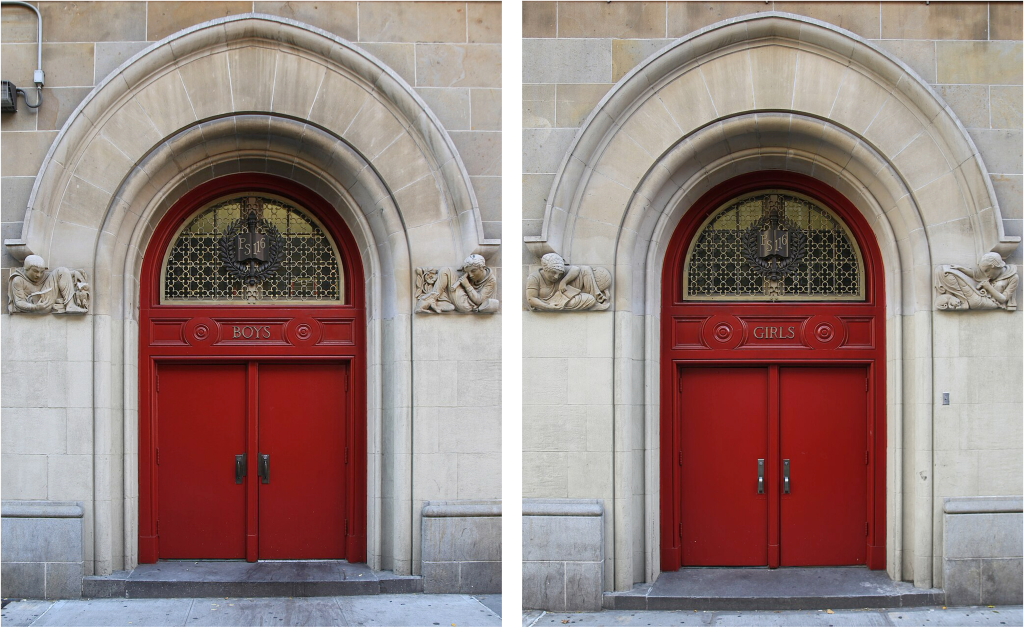
At the opposite end of the spectrum to the man-haters are the ‘new’ feminists in the femosphere, who believe that men and women are fundamentally different, and that women should find husbands to provide for them.
On the face of it, their arguments can sound reasonable. The current state of affairs for many women, doing the ‘double shift’ of both work AND caring for home and children, is not remotely equal. I also can’t see any reason to argue against one partner staying home and looking after the children while the other has a job, if that is what works for them both. What troubles me is that the tradwives and their ilk see their chosen route as the only natural path for their gender and speak as if their tradhusband is somehow better than they are. For me, this goes against the core of feminism, to predetermine a woman’s lot in life and to then undervalue her contribution.
I think a good feminist should be aware that the gains for women have been accompanied by losses. The women running themselves into the ground in their attempt to be the perfect career woman, wife and mother all at the same time. The women who want to be fulltime mothers but who can’t afford that due to the effect of the double earners on the economy. Similarly, the single women – and men – who can’t afford a home on one salary. In my opinion, however, these losses are something to be tackled by searching for new solutions rather than simply giving up the gains and retreating to the previous flawed model.
Unconventional and outspoken?
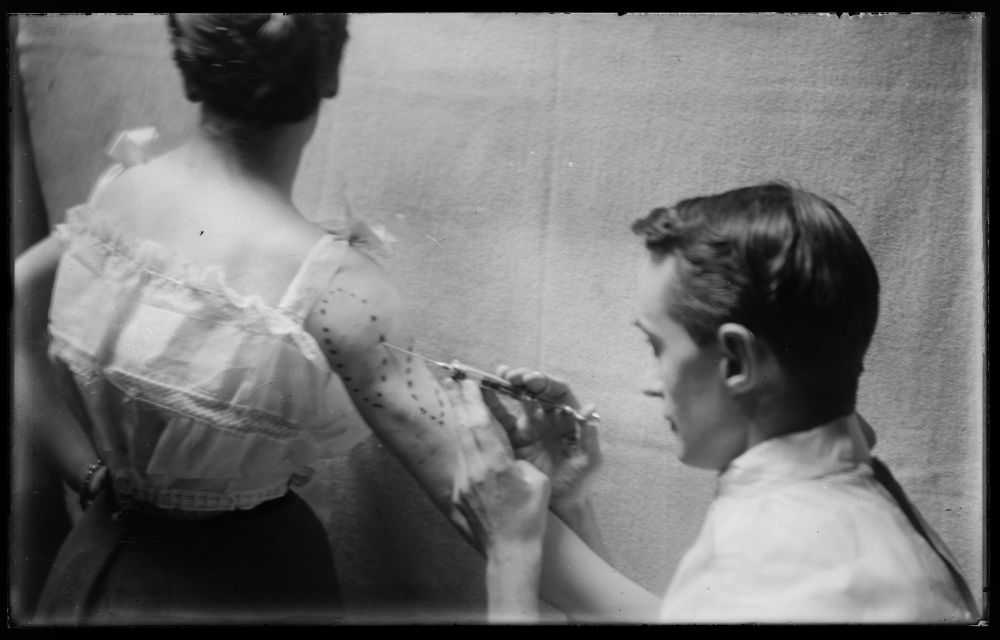
Those who defy conventions are certainly trailblazers for feminism. Tearing down the barriers, being the pioneers, bearing the brunt of the criticism and contempt of the ‘normal’ world. But what if you are very happy with a life within the conventions? I sometimes feel guilty that my choice of work in a traditionally male domain is not actually a feminist choice – it is simply what I love doing. Yet I get more feminist ‘credit’ than a woman who chooses to run a bakery or stay at home because that is what they love doing. This seems unfair.
Does the fact that many men, traditionally, like a quiet, sweet wife, mean that quiet sweet women must train themselves to be loud and pushy? I once overhead a girl saying that she associated girls with long hair with girls who do everything their boyfriend says. Must we all grab the scissors and lop off our locks to be good feminists?
Once again, it seems that we face the fate of being forced into a narrow mould. Instead of men forcing us into the corset of quiet, long-haired, submissive housewife, we have other women forcing us into the straitjacket of loud, dominant, short-haired pioneers. So we’re still stuck with fulfilling the expectations that others have of us based on our gender. Zero progress. Why can’t we embrace the enormous range that women have to offer and value it all?
Politically active?
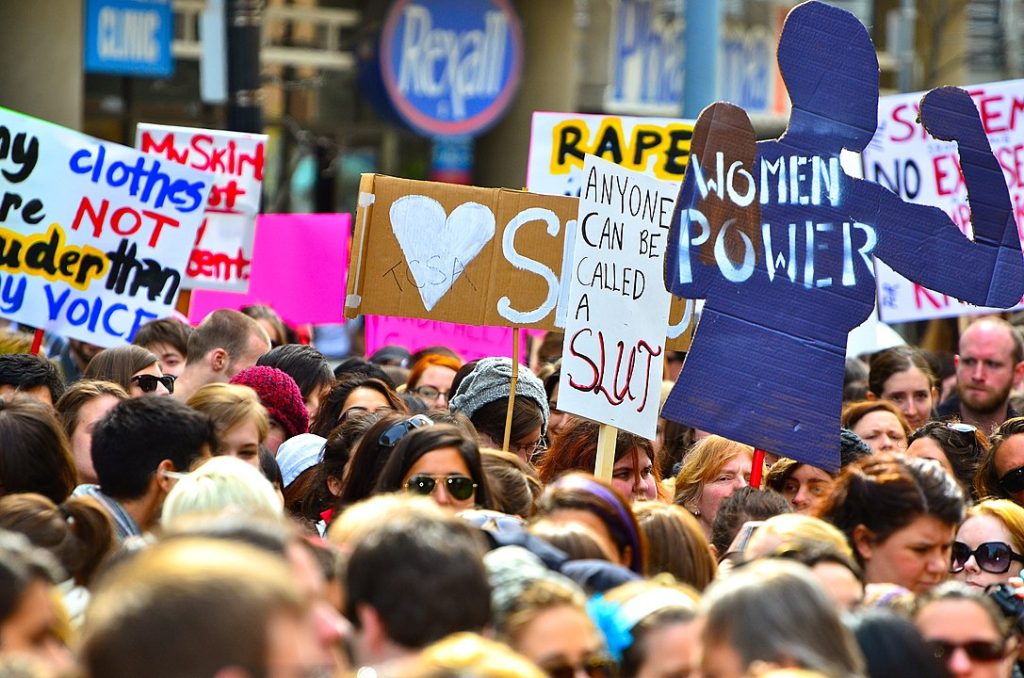
Reading the book ‘Data Feminism’, I have been inspired by the potential of data to promote a fairer, more open world. One page, however, made my heart sink. It stated, “feminism begins with a belief in the political, social and economic equality of the sexes”. So far, so good. But then it continued…[and]… ‘necessarily includes the activist work that is required to turn that belief into reality’.
Gulp. If there is one thing I absolutely am not, then it’s an activist. I don’t even vote, having seen far too much truth in the ‘Hitchhiker’s Guide to the Galaxy’’s satirical description of a fictional planet where people are ruled by lizards, who they voluntarily vote into office ‘because if they didn’t vote for a lizard, the wrong lizard might get in’. I’ve also lost my faith in the efficacy of protest, having futilely protested on such diverse issues as tuition fees (they were still introduced), foxhunting (it’s still legal), and the Gulf war (it went ahead anyway).
However, many big changes in history have been preceded by long campaigns of activism. Civil rights, women’s rights, workers’ rights. While the protests didn’t have immediate effect, would the final results have been achieved without them? I also draw great comfort from the existence of protests. I feel reassured that there are others who share my repugnance at the state that the world is in. Am I simply cowardly and lazy that I don’t add my efforts to theirs?
At the same time, influence is not limited to activism. I draw a lot of inspiration and encouragement from women who have helped to change the world by their choices and efforts in their everyday lives, who did not have the time, aptitude or courage for the activist role, such as Gladys West. If I try to live my life according to my feminist beliefs, do I perhaps also contribute to turning those beliefs into reality?
Part of the sisterhood?
Just as Monty Python parodied the resistance fighters against the Romans, it’s very easy to turn on each other and forget the common goal. To be busier attacking each other for not being good feminists than with trying to improve conditions for women. It’s much easier to agree what you are against than to agree what you are for.
I worry far more about criticism from other women than I ever do about criticism from men. In the past, I’ve turned my own critical gaze on women who I felt were letting the side down by confirming the prejudices of men; women who love shopping for new high heels, women who get hysterical about something mucky or slimy, women who don’t understand mathematics. Blaming women for being themselves rather than blaming men for latching on to any thin excuse to justify their prejudices is ludicrous. Plus once more I was falling into the trap of only valuing what is male, forgetting that I envy women who look elegant, that I feel ashamed at the contrast between some women’s spotless homes and my own, that I know enough mathematicians to be grateful that the world is not limited to their understanding, however valuable it is.
With as many ideas about how to be a feminist as there are feminists, we will never unite behind one image of the ideal feminist. I think we should all be able to get behind the Data Feminism starting point of ‘political, social and economic equality of the sexes’. What that equality looks like in practice is something we can debate with fire, enthusiasm, and respect for the other’s point of view, even when we don’t agree. I think we should grant each other the freedom to choose, to experiment, to fail and try again, offering criticism and fighting our own corner but also giving each other support and understanding.
But that’s just my idea. What’s yours?
The ‘Ordinary Feminist’ series will conclude with the final post: ‘The ordinary feminist: The superwoman’
Caitlin Moran